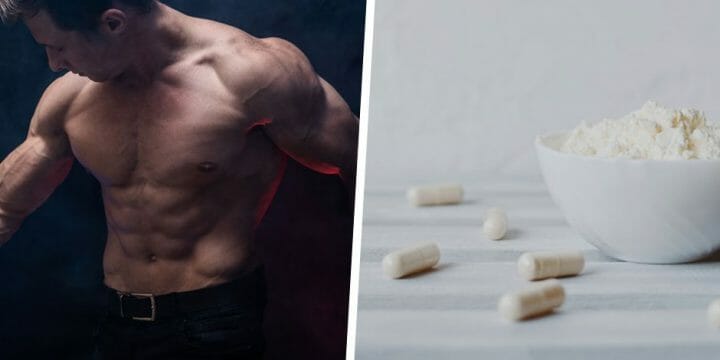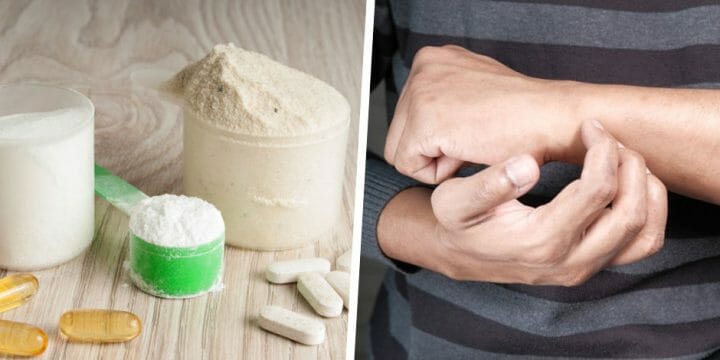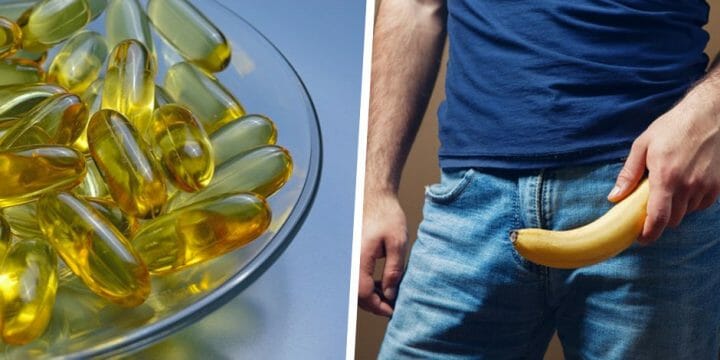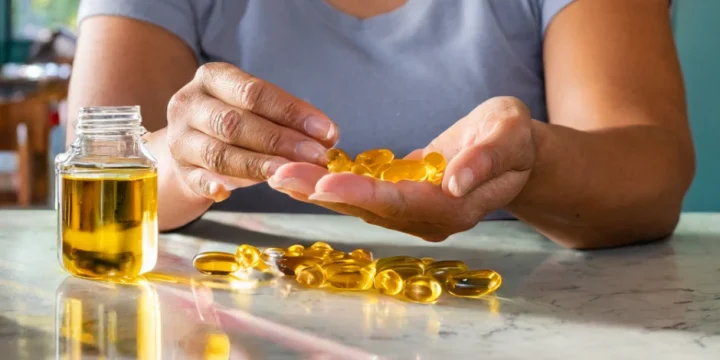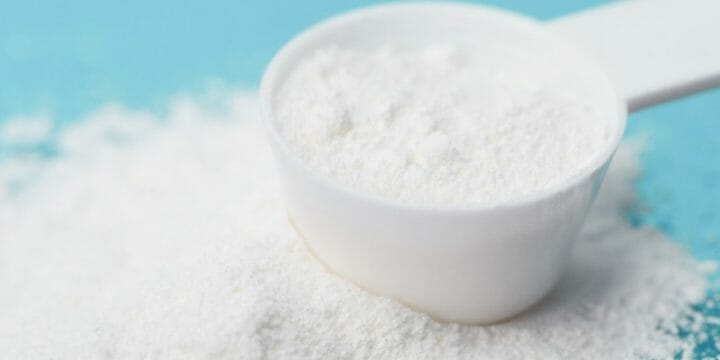As a personal fitness coach, I have seen a lot of vegan and non-vegan athletes switch to soy protein supplements.
There are some benefits from doing this, but in quite a few conversations with my dietitian, she did mention that soy could affect testosterone levels.
Drawing from my sport science background, I was curious about the scientific evidence behind soy's effect on hormones and testosterone.
I teamed up with a dietitian and spent a day diving into research and trial data on soy, analyzing it through my lens of sport and exercise science.
Here are our insights.
Quick Summary
Does Soy Cause Lower Testosterone Levels?
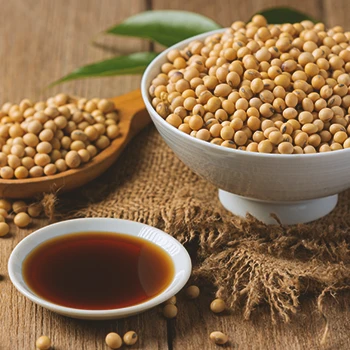
Soy may cause lower testosterone levels, but this mainly happens only in circumstances where people have a poor diet and severe nutrient deficiencies, according to a study published in the Endocrine Practice journal [1].
It may also indirectly affect testosterone due to the phytoestrogens it contains, but more on that later.
The reason there are some misconceptions is that there are some animal studies on mice and rats that have shown lower serum testosterone concentrations.
However, a meta-analysis of clinical studies published in the Reproductive Toxicology journal showed that neither soy nor isoflavone intake affects male reproductive hormones [2].
What that means is that healthy adult males don’t have to worry about their soy protein shakes causing a low T-count, loss of muscle mass, or erectile dysfunction.
There are some daily recommended limits, but as long as you have a healthy diet and cover all the important nutrients to support androgen concentrations, soy really shouldn’t be a problem.
Connection Between Soy Foods and T-Count
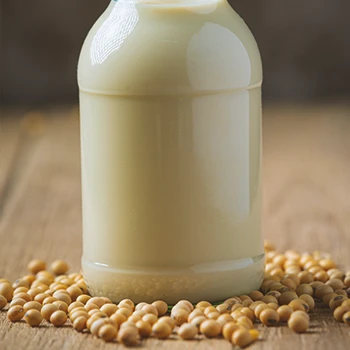
Soy proteins have more isoflavones, sort of like estrogen's distant relative.
What Foods Contain Soy Protein?
In my experience working with athletes, most can handle more than 50 grams, but it's a safe cap if low testosterone is a concern [7].
Products that contain soy:
- Soy nuts
- Soy milk
- Tempeh
- Tofu
- Edamame
But here's a twist: not all soy products affect you the same way.
Harvard's Public Health School says fermenting soy, like in soy sauce, can weaken its phytoestrogens [8].
Yet, Margaret Stone from Eat Smart highlights that soy sneaks into many foods, sometimes unexpectedly.
Soy isolate, a lab-made additive made from soybeans, is often tossed into foods as a cheap protein booster, helping with moisture, mixing, and protein content.
So, keep an eye out for "soy" on labels, or look for the soy-free badge.
Related: Is Tofu Good for You?
Can You Counteract the Effect?

Absolutely. In my coaching, I've helped clients counteract low hormone levels with targeted dietary adjustments.
The first thing you need to do is take a careful look at your diet and remove all junk food and sugar.
Once you’ve planned out your testosterone-boosting diet plan, it’s time to consider taking the top natural testosterone boosters.
These are typically based on minerals, vitamins, and herbs that trigger your natural production processes.
Ultimately, they can lead to increased muscle mass, improved sexual function, and a better mood in a matter of months.
You can also consider taking one of our recommended T-boosters for men.
FAQs
How Much Soy Does It Take To Lower Testosterone?
It would take a lot more than the 50 grams of daily recommended soy intake and an overall poor nutrition diet to lower testosterone.
Drinking soy milk or using soy flour for baking won’t suddenly cause sex hormone levels to plummet and lead to erectile dysfunction.
Does Soy Raise Estrogen in Males?
No, soy doesn’t raise estrogen in males. Neither soy nor the isoflavones it contains have a direct impact on measurable estrogen. The confusion comes from isoflavones having a similar chemical structure to estrogen.
References:
- https://pubmed.ncbi.nlm.nih.gov/18558591/
- https://www.sciencedirect.com/science/article/pii/S0890623820302926
- https://pubmed.ncbi.nlm.nih.gov/23161396/
- https://pubmed.ncbi.nlm.nih.gov/15735098/
- https://pubmed.ncbi.nlm.nih.gov/18650557/
- https://aacrjournals.org/cebp/article/16/12/2796/260051/Effect-of-Soy-Protein-on-Testosterone-Levels
- https://nutrition.ucdavis.edu/sites/g/files/dgvnsk426/files/content/infosheets/factsheets/fact-pro-soy.pdf
- https://www.hsph.harvard.edu/nutritionsource/soy/
About The Author
You May Also Like
